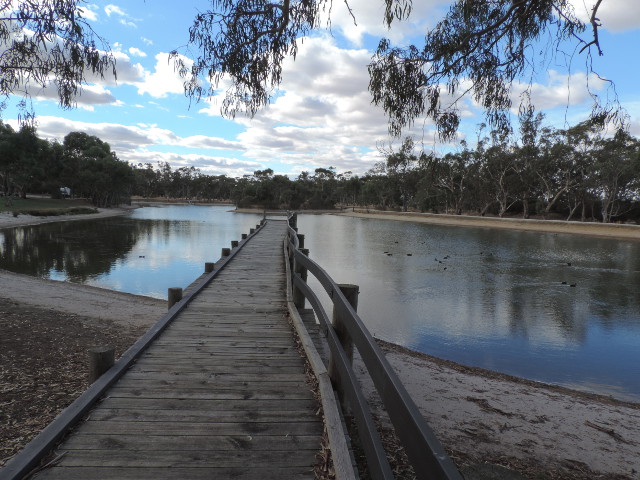Of interest to those concerned about future sepsis treatment options, a team led by Donald Ingber, a bioengineer at the Wyss Institute for Biologically Inspired Engineering in Boston, Massachusetts, has developed an artificial 'biospleen' to filter blood. While the developmental biospleen has a throughput of about 20% of a human spleen, it does have the advantage of being able to filter out most pathogens without having to first identify them. This can be critical with sepsis, where the underlying cause is only found about 50% of the time. The biospleen uses magnetic nano-particles coated with "a protein found in humans that binds to sugar molecules on the surfaces of more than 90 different bacteria, viruses and fungi, as well as to the toxins released by dead bacteria that trigger the immune overreaction in sepsis" The magnetic nano-particles can be magnetically separated from the filtered blood, which is then returned to the patient.
.
A trial on laboratory rats found that "Five hours after infection, 89% of the rats whose blood had been filtered were still alive, compared with only 14% of those that were infected but not treated."
More from Nature News:
nature.com/news/artificial-...
Abstract in Nature:
nature.com/nm/journal/vaop/...
Neil
Photo: Welcome to my 'back yard swimming pool', which is about 40km (24 miles) away...
